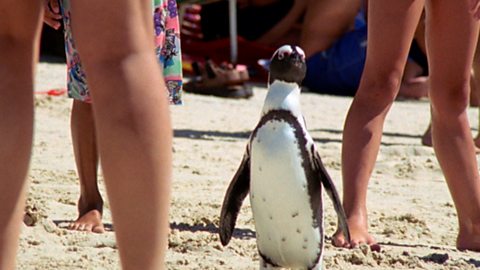Video summary
How do we know a fish is a fish? This clip summarises how we classify animals into groups based on shared characteristics and the work of Carl Linnaeus.
Using stunning wildlife film and simple graphics, we take a journey through the animal kingdom discussing how we know a fish is a fish, even though they can all look different.
We move on to look at reptiles, amphibians, birds and mammals. But some animals, such as dolphins, don’t always go into a group that we would expect.
This clip is from the Natural world of plants and wildlife series.
Teacher Notes
Pause the clip at the graphics to discuss the characteristics of the group shown.
Pupils could be asked to identify further animals that share those characteristics.
Discuss if there are any further classifications not covered in the clip.
Pupils could complete an activity on grouping other objects based on shared characteristics.
When you get to the section about the dolphin, pause and ask pupils to try and classify it before the answer is given at the end.
This clip will be relevant for teaching science at Key Stage 2 and Key Stage 3 in England, Wales and Northern Ireland or Second/Third Level in Scotland.
How animals have adapted. video
A look at a selection of animals, investigating how they have adapted to their environments.
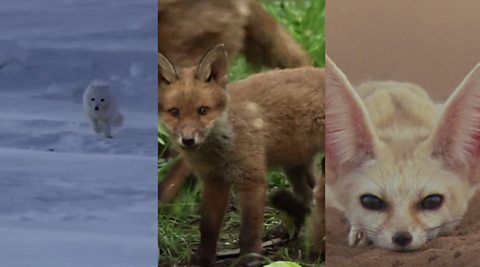
The life cycles of different organisms. video
A look at the life cycles of a range of organisms including a mammal, an amphibian, an insect, a flowering plant, a bird and a human.
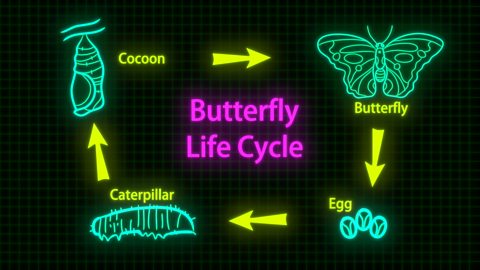
How plants and animals reproduce. video
An investigation into the many different ways animals and plants reproduce.
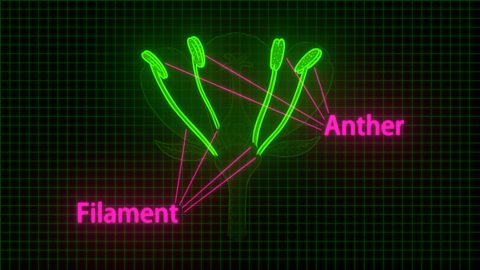
Food chains and food webs in animals. video
How energy is transferred through food chains and food webs via producers, primary and secondary consumers, predator, prey and decomposers.
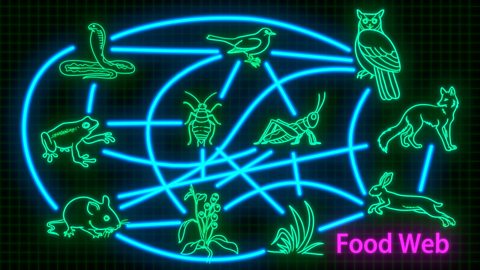
The connections within ecosystems. video
An introduction to the concept of an ecosystem, exploring different types and looking at the connections between the living and non-living components of an ecosystem.
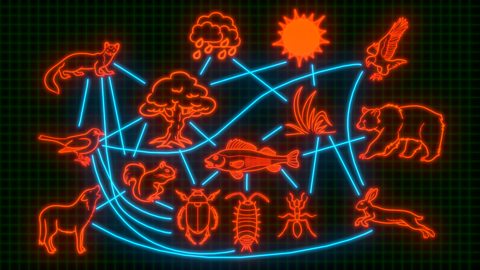
Human impact on the environment. video
A look at the impact of humans on ecosystems and the environment by focusing on the the penguins of Boulders Beach, Simons town, South Africa.
